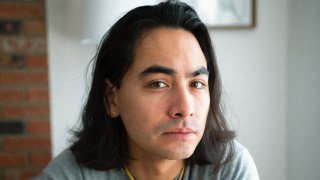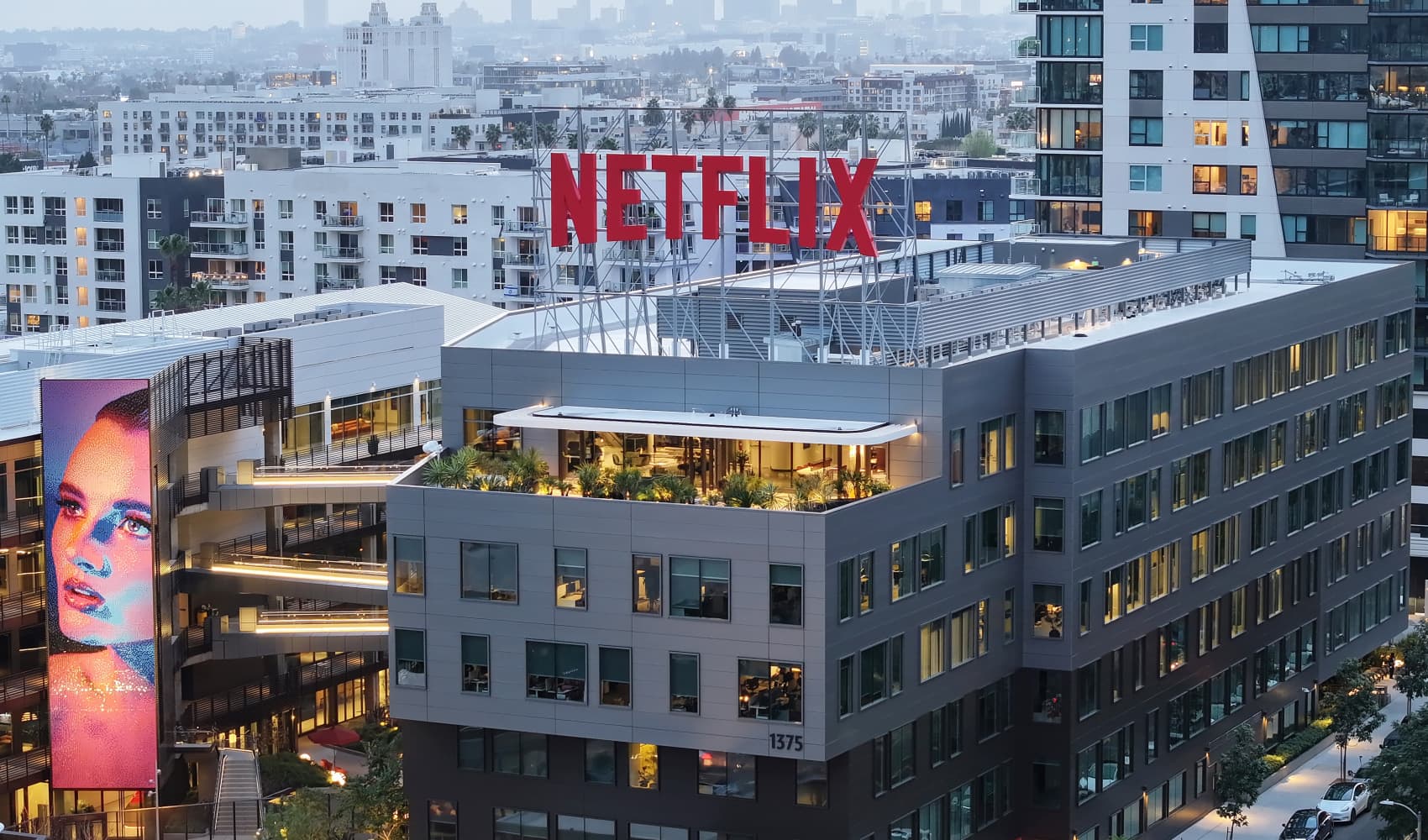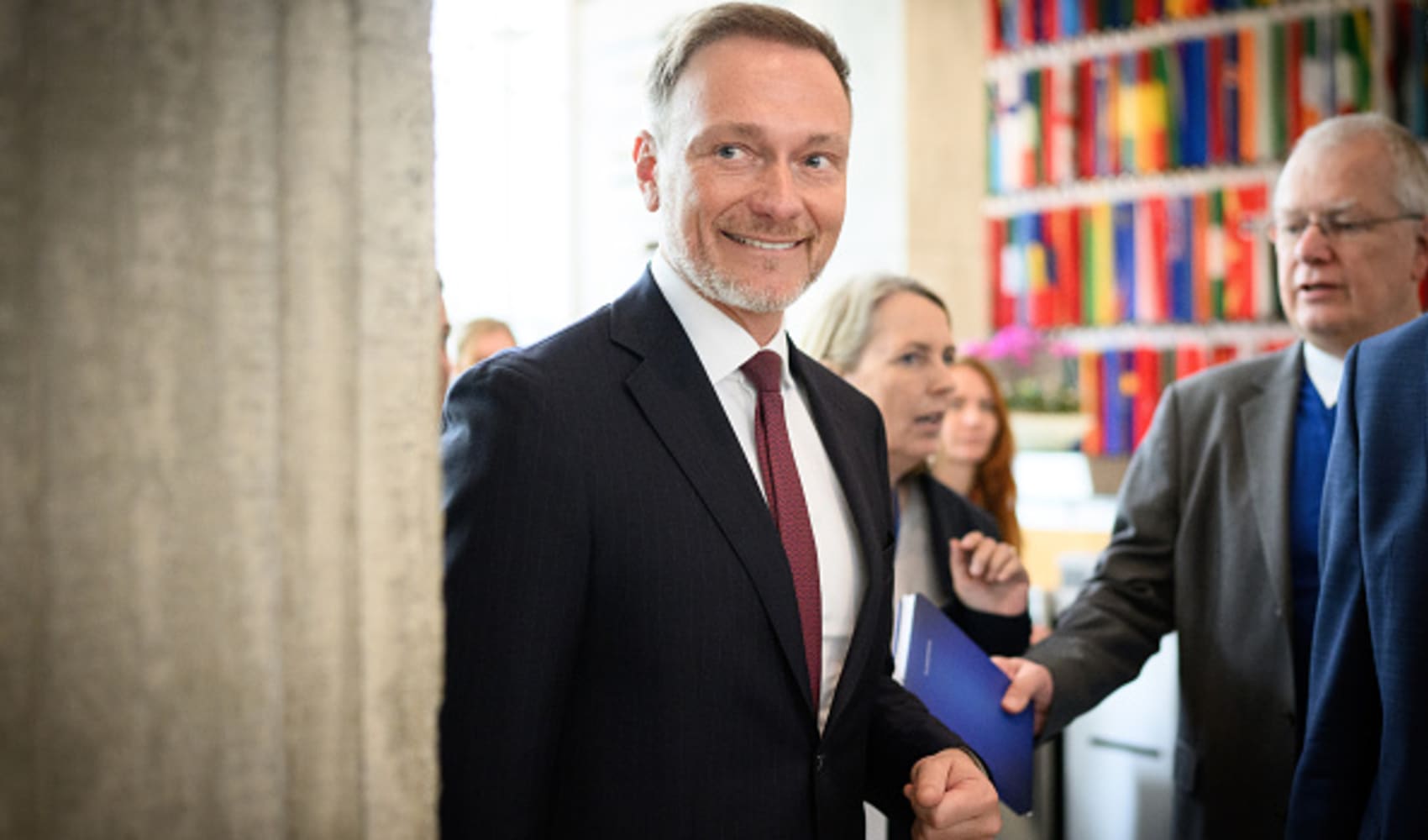
- Julian Brave NoiseCat is a writer and advocate for Indigenous people. He himself is a member of the Secwepemc First Nation and a descendant of the Líl'wat Nation of Mount Currie of British Columbia.
- He says change is a call to re-evaluate the relationship humans have with the world, and that can start with on a personal level.
- He also notes that modern practices in areas like wildfire control and fishery management are returning closer to Indigenous practices.
Julian Brave NoiseCat is a writer and advocate for Indigenous people. He himself is a member of the Secwepemc First Nation and a descendant of the Líl'wat Nation of Mount Currie of British Columbia.
NoiseCat suggests climate change is a call for humans to re-evaluate our relationships with the world, starting on a very intimate and personal basis.
In addition to his work as an advocate for Indigenous peoples, NoiseCat is a strategic political operator. He is credited with spearheading the campaign to get President Biden to nominate Deb Haaland to be the Secretary of the Interior, making her the first Native American to lead a cabinet-level agency.
We're making it easier for you to find stories that matter with our new newsletter — The 4Front. Sign up here and get news that is important for you to your inbox.
NoiseCat is a fellow of New America and the Type Media Center and was the Vice President of Policy & Strategy at Data for Progress, a progressive think tank. And last year, for all of his leadership with his writing and politically, he was included on the "TIME 100 Next" list of emerging leaders.
Here, in this edition of CNBC's series on addressing climate anxiety, Noisecat shares how indigenous people's framework for relating to the natural world is worth learning from and why it is important for responding to climate change in a sustained way.
The following are excerpts of Noisecat's comments from a telephone interview with CNBC. They have been edited and condensed for brevity and clarity.
Money Report
Humans are part of nature
The conceptualization of humanity and the natural environment as separate is one of the linchpin theoretical moves in Western political philosophy.
In my view, that separation of these two things — humans and the world we live in — make it possible to exploit and extract from nature because we are seen as a separate from it.
And that's a very distinct system of epistemology from one that you might might see in an Indigenous context.
We view ourselves as in relation to specific places, and maybe even in some instances, view those places themselves as having a spirit and a conscience.
I went fishing a number of times in August. I went dip netting for salmon at Farwell Canyon on the Chilcotin River with Williams Lake First Nation Chief Willie Sellars, Esk'et hereditary chief Francis Johnson Jr. and their families. And when we fish we, we pray to the river beforehand, and we give thanks for what we are going to bring home.

There is power and agency in honoring and recognizing who you are and where you come from. I think that's a very basic but important point. There's strength in that.
An attachment to place and respect of a place and where you are in the environment, in the natural world, creates an imperative to defend and protect and preserve those places.
That's what we see Indigenous peoples and movements doing all over the world. And in the broadest sense, that's what everybody should be called to do right now is to protect and preserve our world.
In the fast-paced modern world, we don't have any notion that we are in relationship with the natural world.
We don't have a notion that we should really give thanks for the things that we get from the natural world.
That sounds really hokey and kind of basic. But if you actually work to act on that in your life, profound shifts can come from just those very simple places.
A return to old ways
I am not saying that is enough to fight climate change.
We do need to scale up the share of renewables on the grid. We do need to figure out how to transition some of these industrial processes like steel production and cement to zero carbon forms of manufacturing. We do need to figure out how to clean up the agricultural sector.
But I think that more simply, we also need to figure out how to have a more reciprocal and just relationship with the resources and the natural world that sustain us.
And we are way off kilter right now. We are way out of balance.
There really were other ways of doing things that actually seemed to work. And in some contexts actually, ironically, we're already starting to pursue those other ways again as better ways of conducting ourselves and doing things.
In California right now there is a very serious conversation about controlled burns and forestry management that would look a lot more similar to the way Indigenous peoples managed the forest than to the way colonial economies did. The way that we manage fisheries has actually gotten a lot more close to the way that Indigenous peoples managed the fisheries back before colonization than it was in the very extractive overfishing relationship that brought us to a point where the fisheries are nearly collapsing.
In addition, there are places in the world like Canada, like parts of Amazon, and potentially now parts of the United States, where to preserve land as a carbon sink, one of the strategies and policies is being pursued is like Indigenous conservation of the land, protection of the lands to make sure that the carbon stays in the forest and in the soil.
In Indigenous contexts, the idea that we are related, that we have lots of relatives, is a really important one.
At first it extends to your blood relatives, but there is also an understanding that we are all related, which is biologically true, and that we're also related to parts of the natural world.
My people take the black bear as a relative, for example. My family from a particular part of British Columbia — our land relative is the black bear.
And that idea that we need to treat each other with reciprocity and love and compassion, because we are at the end of the day, all related, I think that that's a really, really important one.
To actually have love and compassion and to believe that we do actually have a responsibility to protect the non-human world from destruction.
We have a hard time as humans just having compassion just for each other, let alone for the salmon, for the wildlife, for the birds, for the water, for the mountains, the forest....
But maybe we should. Maybe we should care for those things because we're related to them. That's also a pretty different way of engaging with the world, and to me a compelling one.
Also in this series:
- Climate psychologist says neither gloom-and-doom nor extreme solution-obsessed optimism is the best way to discuss climate change productively
- Climate change is radicalizing young people — here's what that means and how to combat despair
- Grief and anxiety over climate change drove this 30-year-old to write a letter to his future child
- 18-year-old climate activist shares how she finds courage to face a 'ticking time bomb'
- The case for 'hope punk' when talking about climate change: 'To be hopeless is to be uninformed'
- Yale psychologist: How to cope in a world of climate disasters, trauma and anxiety






